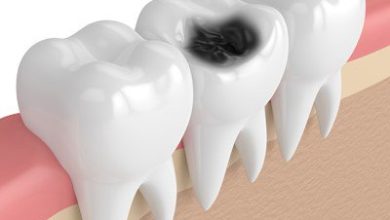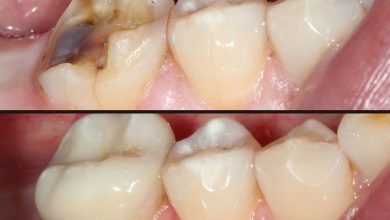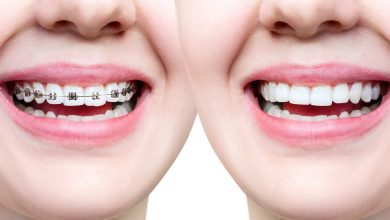Can Breastmilk Cause Tooth Decay? The Definitive Answer Revealed
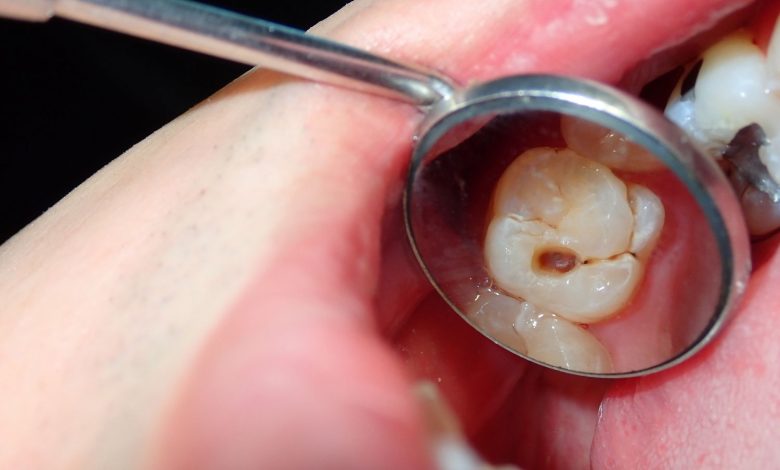
Breastmilk does not cause tooth decay in infants, but improper oral hygiene can lead to it. Breastfeeding is widely recognized as the optimal source of nutrition for infants, providing numerous health benefits.
However, concerns about tooth decay have sparked debates among parents and healthcare professionals. It is crucial to understand that breastmilk itself does not cause tooth decay in infants. The primary culprit behind dental issues is not the breastmilk, but rather poor oral hygiene practices.
This article will delve into the relationship between breastmilk and tooth decay, explore the role of oral hygiene in maintaining dental health, and provide practical tips for ensuring optimal dental care during breastfeeding journeys. By addressing these topics, parents can make informed decisions about their child’s oral health while enjoying the countless benefits of breastfeeding.
Understanding Breastmilk And Tooth Decay
The composition of breastmilk plays a crucial role in the dental health of infants. Contrary to myths, breastmilk itself does not directly cause tooth decay. In fact, breastmilk is essential for the overall growth and development of a baby. It contains various beneficial components like antibodies, enzymes, and nutrients that support the immune system and promote healthy development.
The Role Of Sugars And Bacteria In Tooth Decay
It’s important to understand that tooth decay occurs due to the interaction between sugars and the bacteria naturally present in the mouth. When sugars from breastmilk or other food sources are consumed, these bacteria produce acids that attack the tooth enamel, leading to decay over time. Proper oral hygiene, including regular brushing and flossing, plays a crucial role in preventing tooth decay in infants and children.
Dispelling Myths: Breastmilk Vs. Formula Regarding Tooth Decay
Comparing breastmilk and formula, both can contribute to tooth decay if proper dental care is not followed. It’s not the type of milk that solely causes tooth decay, but rather the presence of sugars and inadequate oral hygiene. Whether breastfeeding or bottle-feeding, it’s crucial to wipe the baby’s gums and teeth with a soft cloth or use an infant toothbrush to maintain good oral health.
Factors Influencing Tooth Decay In Breastfed Babies
Factors such as the duration and frequency of breastfeeding as well as proper oral hygiene practices play a crucial role in determining the risk of tooth decay in breastfed babies.
Extended breastfeeding beyond 12 months may increase the likelihood of tooth decay due to the prolonged exposure of the teeth to breast milk. It is recommended to gradually introduce other foods and reduce breastfeeding to minimize the risk.
Moreover, the frequency of breastfeeding can also impact dental health. Frequent and prolonged breastfeeding, especially at night, can lead to a higher risk of tooth decay. It is advised to establish a regular breastfeeding schedule and encourage the gradual transition to drinking from a cup.
In addition to breastfeeding practices, proper oral hygiene is essential for maintaining dental health in breastfed infants. Gently wiping the baby’s gums and eventually using a soft-bristle toothbrush to clean teeth as they emerge can help prevent tooth decay. It is also important to avoid allowing the baby to fall asleep with a bottle or breastfeed for comfort.
Overall, while breast milk is beneficial for infants’ health, following these guidelines can help minimize the risk of tooth decay.
Preventive Measures To Reduce Tooth Decay In Breastfed Infants
Maintaining a balanced diet for both mother and baby: A balanced diet is crucial for the overall health and well-being of both the mother and the baby. Ensuring that the mother consumes a nutritious diet while breastfeeding provides the baby with essential nutrients through breast milk, promoting optimal growth and development. It is important for the mother to limit the intake of sugary and acidic foods and drinks, as they can contribute to tooth decay in both adults and infants.
Introduction of solid foods and its relation to dental health: Introducing solid foods to the baby’s diet is an exciting milestone. However, it is important to choose healthy options and avoid foods that are high in sugar, as they can increase the risk of tooth decay. Gradually introducing a variety of textures and flavors can help the baby develop healthy eating habits and protect their dental health.
Importance of regular dental check-ups for breastfed infants: Regular dental check-ups are vital for breastfed infants to ensure their oral health is on track. Dentists can assess the baby’s teeth and gums, provide guidance on proper oral hygiene practices, and offer preventive measures to reduce the risk of tooth decay. Early detection of any dental issues can help prevent further complications and ensure the baby’s teeth develop properly.
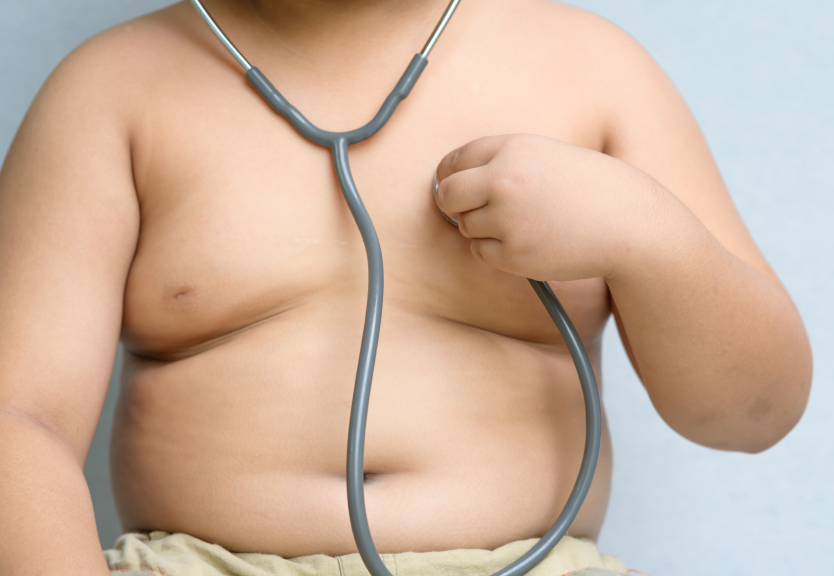
Credit: www.nutraingredients.com
Frequently Asked Questions On Can Breastmilk Cause Tooth Decay?
Can Breast Milk Cause Tooth Decay?
Breast milk does not cause tooth decay.
Does Breastmilk At Night Cause Tooth Decay?
Breastmilk at night does not cause tooth decay. Breastmilk contains natural sugars that are less likely to harm teeth. It is important to clean baby’s mouth after feeding to remove any milk residue. Regular dental care is essential for maintaining oral health.
Does Breastfeeding Affect Dental Health?
Breastfeeding doesn’t directly affect dental health, but it can cause tooth decay if proper oral hygiene isn’t maintained.
What Is Nursing Tooth Decay?
Nursing tooth decay is when a baby’s teeth are affected by prolonged exposure to sugary liquids, such as breast milk or formula, while sleeping or being breastfed. This can lead to tooth decay, cavities, and dental problems in children. Nursing tooth decay is preventable through proper oral hygiene and avoiding sugary liquids at bedtime.
Conclusion
To conclude, although breastmilk is generally beneficial for babies, there is a potential risk of tooth decay if proper oral care is not maintained. It is important for mothers to clean their babies’ gums and teeth regularly, as well as limit prolonged and unnecessary exposure to breastmilk.
By being mindful of oral hygiene practices, breastfeeding can continue to be a positive and nurturing experience for both mother and child.


